When creating music, you’re likely to have lots of questions along the way. Whether you’re just starting out or you’ve been doing this for a while, finding answers to common questions can really help you understand things better.
1. How Do I Choose The DAW?
Choosing the right Digital Audio Workstation (DAW) for professional audio recordings involves considering several factors:
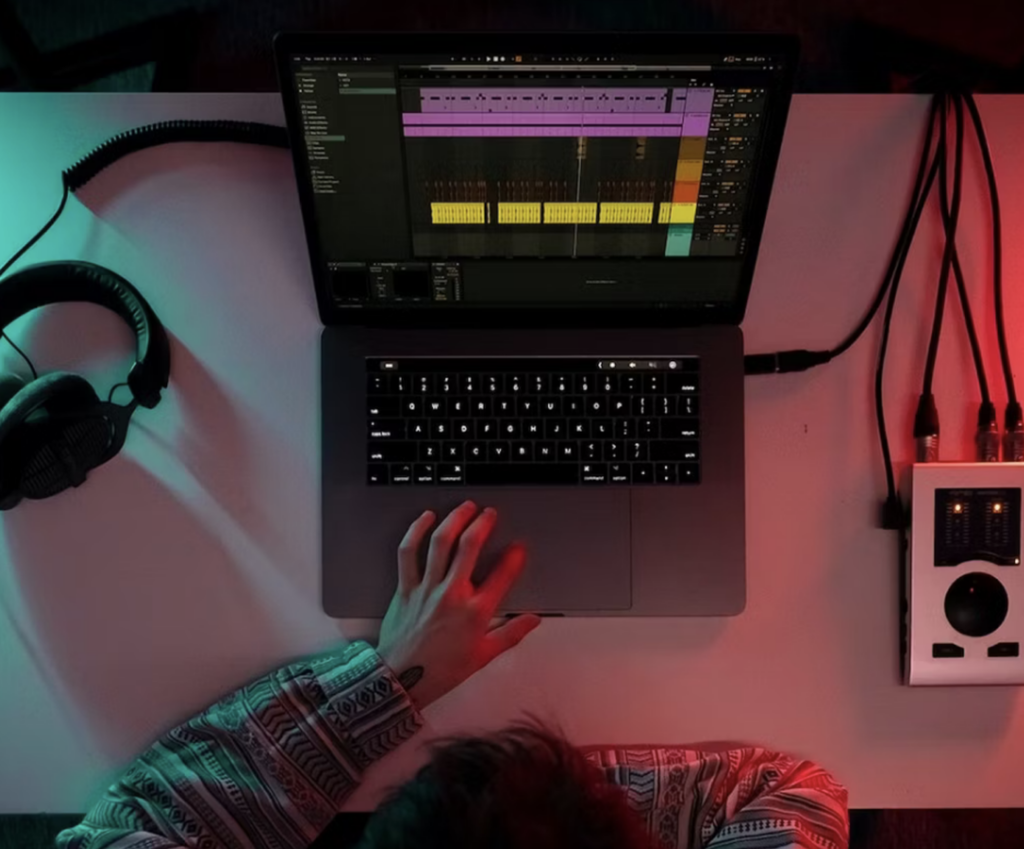
1- Music Genre: Choose a DAW that matches your music style and has the features you need. For example, if you love working with piano, Logic Pro X is awesome. But if you’re into songwriting and vocal editing, Ableton Live 10 is a great choice.
2- Platform Compatibility: Ensure the DAW works on your computer’s platform (Mac or Windows) and is compatible with your existing software and plugins. Research is important to avoid compatibility issues.
3- Cost & Versatility: Think about your budget and what you really need. DAWs come in all price ranges and offer different features, from free options to more expensive ones. If you’re just starting, a basic version is cool, but if you’re more experienced, you might want the fancier stuff.
4- User-Friendly Interface: When you choose a DAW, go for one that has an easy and simple interface, so you can learn it quickly. But also, think about how much time you’re willing to spend to get really good at it. Some DAWs might be a bit tricky to learn, but they can make your music sound amazing and give you more production options.
2. How Can I Start Music Production On A Budget?
Starting music production on a budget is not only possible but also an excellent way to develop your skills and creativity without spending a lot. Here’s a summary of tips to help you get started:
1- Choose an Affordable DAW (Digital Audio Workstation): Begin with a budget-friendly DAW that offers essential features, such as Cakewalk by BandLab, Tracktion T7, or Ardour. Upgrade as your skills and budget grow.
2- Use Free Virtual Instruments and Plugins: Explore free synthesizers like Synth1, Helm, or Dexed, and effects plugins like TAL Reverb or Valhalla Supermassive to experiment with sound.
3- Learn Online: Take advantage of free online resources on platforms like YouTube, Skillshare, and Coursera to improve your music production skills, including sound design, mixing, and mastering.
4- DIY Recording and Sampling: Record your own sounds using affordable equipment, such as smartphones or inexpensive microphones. Get creative by recording capturing real-world sounds around you and trying out different sounds.
5- Network and Collaborate: Reach out to other musicians and producers on the internet and social media. When you work together, you can share resources and different talents, even if you’re on a tight budget. Share your music and see if there are cool chances to team up with others.
3. Why Is Mixing And Mastering Important?
Mixing and mastering are important in a producer’s toolkit, turning your creative ideas into a polished and professional music masterpiece.
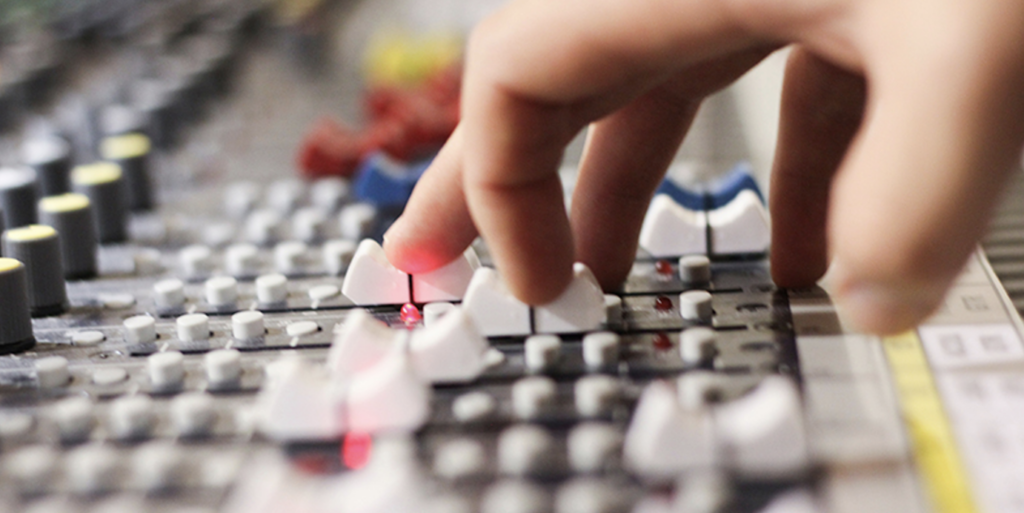
Mixing is where we carefully blend all the sounds, adjust them, and add cool effects. Then, mastering is the final touch, making sure the music sounds great everywhere, like on different speakers and devices.
When you mix and master your music, it means it will sound awesome no matter where people listen to it. To make your mark, you’ve got to be top-notch because listeners only give you a few seconds before deciding if they like your music or not.
4. Is A Career In Music Production Viable?
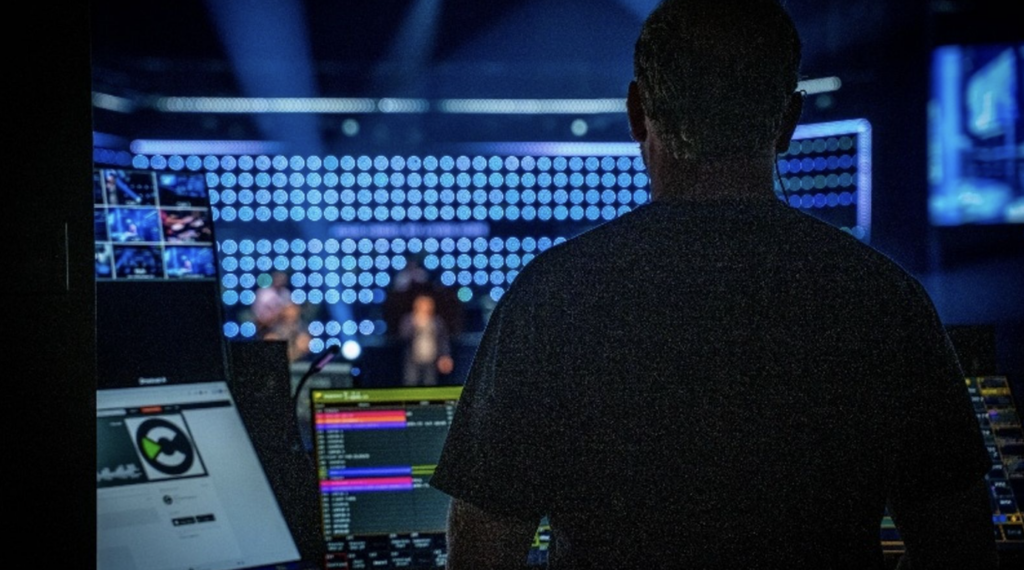
Yes, a career in music production is an extraordinary adventure for those passionate about music and sound. The music world is constantly evolving, and there is a growing need for top-notch sound in areas such as films, television shows, video games, and online content.
In music production, you can perform a variety of interesting tasks, such as producing, mixing, composing, or even creating your own studio. Additionally, with the Internet, you can collaborate with people from around the world and reach more clients.
To stay on top, you’ve got to keep learning and stay up-to-date with the latest tech and trends. And don’t forget, making connections is super important because it can open doors to some really exciting opportunities. But most of all, your passion and hard work are what will make you successful in the long run in the world of music production.



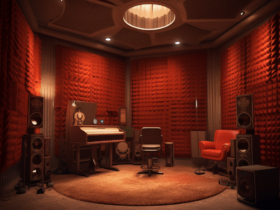
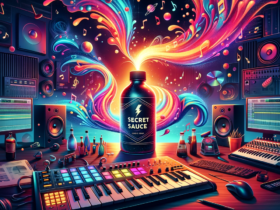
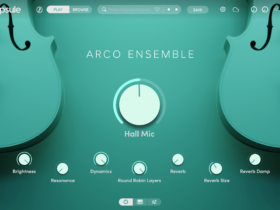
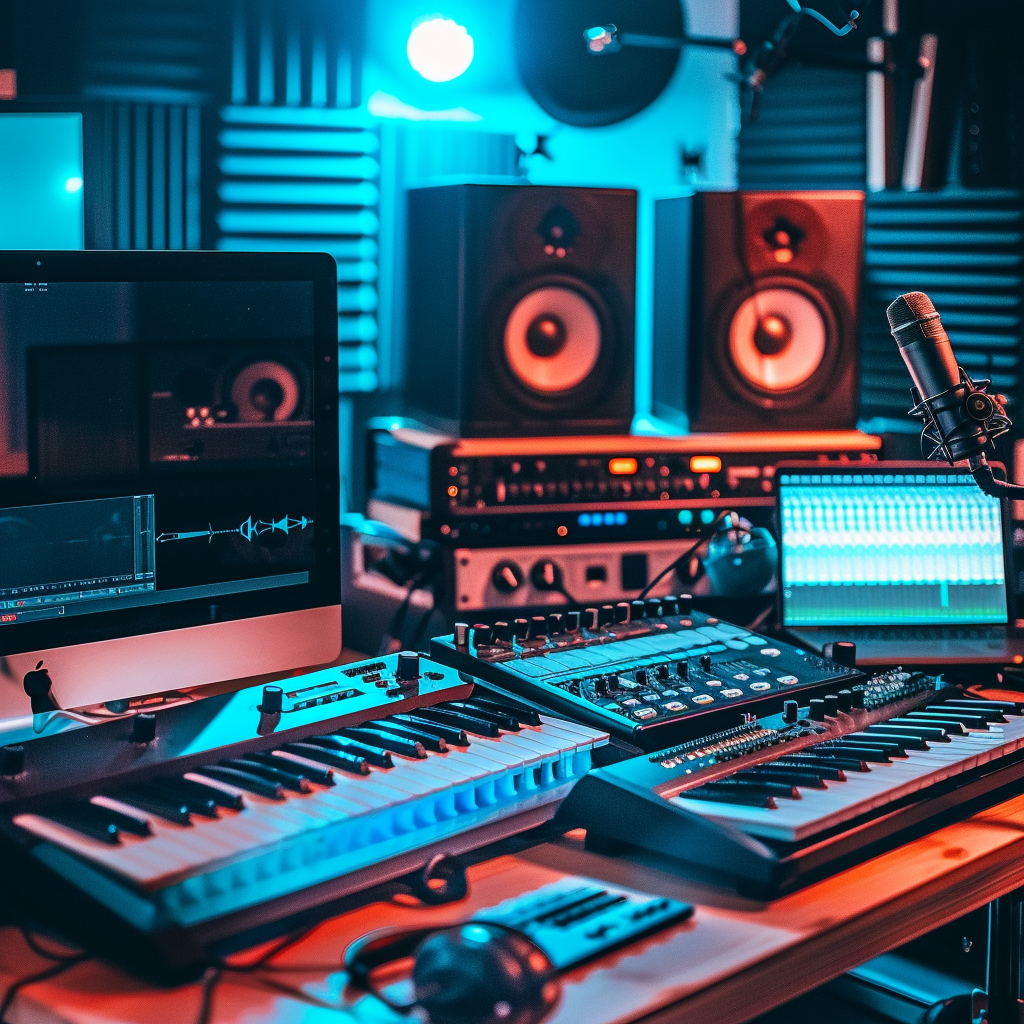
Leave a Reply